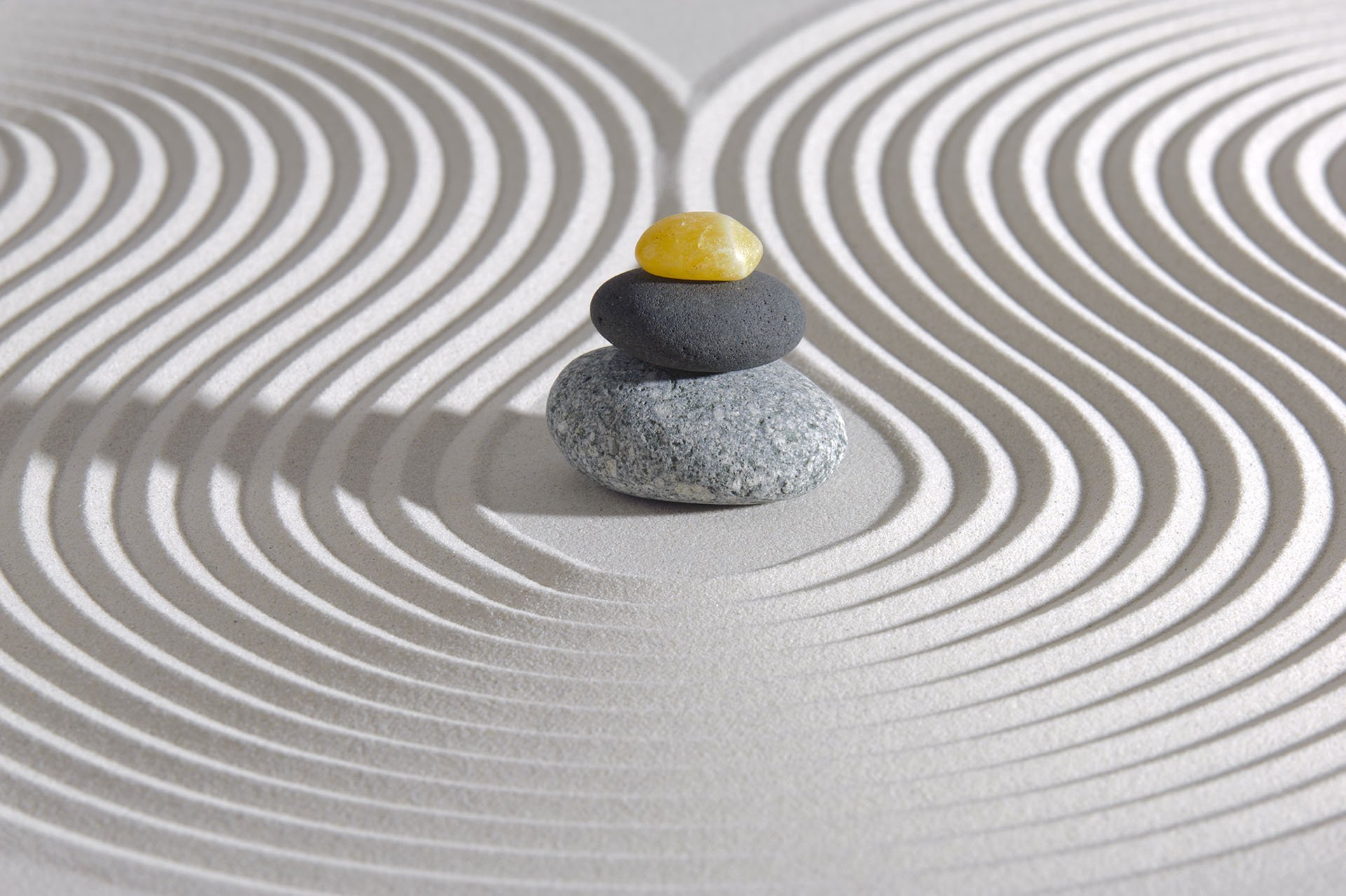Definitive Guide to Anti-Valentine's Week Gifts.
Anti-Valentine’s Week begins February 15 💖
Anti-Valentine's week is a week-long celebration immediately after Valentine's Day, starting on February 15th and ending on February 21st. As the name suggests, it is a time for people not fond of Valentine's Day or single to celebrate and express their negative feelings toward love and relationships.
Anti-Valentine's week includes different days with various themes, such as:
February 15th - Slap Day: It is a day to let go of any negative feelings towards someone by symbolically "slapping" them out of your life.
February 16th - Kick Day: People can kick any bad habits or negative people out of their lives on this day.
February 17th - Perfume Day: A day to treat yourself with a new fragrance to help uplift your mood.
February 18th - Flirt Day: It is a day to enjoy the art of flirting without any commitment.
February 19th - Confession Day: This day is for people to confess their feelings to someone they have been keeping a secret crush on.
February 20th - Missing Day: It is a day for people to remember and miss loved ones who are no longer in their lives.
February 21st - Breakup Day: This day marks the end of Anti-Valentine's week and encourages people to end any toxic relationships or breakups they have been contemplating.
Using a universal wishlist for Anti-Valentine's week can be a fun and light-hearted way to participate in the celebrations. The idea behind the universal wishlist is that people can create a list of things they want for themselves rather than for a significant other.
The list can include self-care products, favorite snacks, books or movies to enjoy alone, or even a new hobby. This list can then be shared with friends or family, who can create their own wishlist, and everyone can exchange gifts to celebrate themselves and their independence.
The universal wishlist can be a great way to shift the focus away from romantic love and towards self-love and self-care. It can also help people who feel left out or lonely during the traditional Valentine's Day celebrations feel included and valued.
Anti-Valentine's week is a time for people to celebrate themselves and their independence while acknowledging the complexities of relationships and love. Using a universal wishlist during Anti-Valentine's week can be a fun and empowering way to celebrate oneself and prioritize self-love and care.
The History of Anti-Valentine's Week
The history of Anti-Valentine's Week is not well-defined, and there is no clear information on its origins. However, it is believed that the week-long celebration of Anti-Valentine's Day started as a counter-culture movement against the commercialization of Valentine's Day and the emphasis on romantic love.
Over the years, people who were not fond of Valentine's Day or were single started celebrating the week after Valentine's Day to express their negative feelings toward love and relationships. As a result, the celebration gained popularity among people of all ages, especially teenagers and young adults.
The idea of having specific days within Anti-Valentine's Week, such as Slap Day or Kick Day, emerged as a way to channel negative emotions and turn them into something fun and upbeat. It also gave people who were not celebrating Valentine's Day a chance to express their ideas and have their way of celebrating.
Nowadays, Anti-Valentine's Week has become a widespread cultural phenomenon, with people all over the world participating in various ways. While it may have started as a counter-culture movement, it has now become a fun and empowering way for people to celebrate themselves, their independence, and their ability to love and care for themselves.

